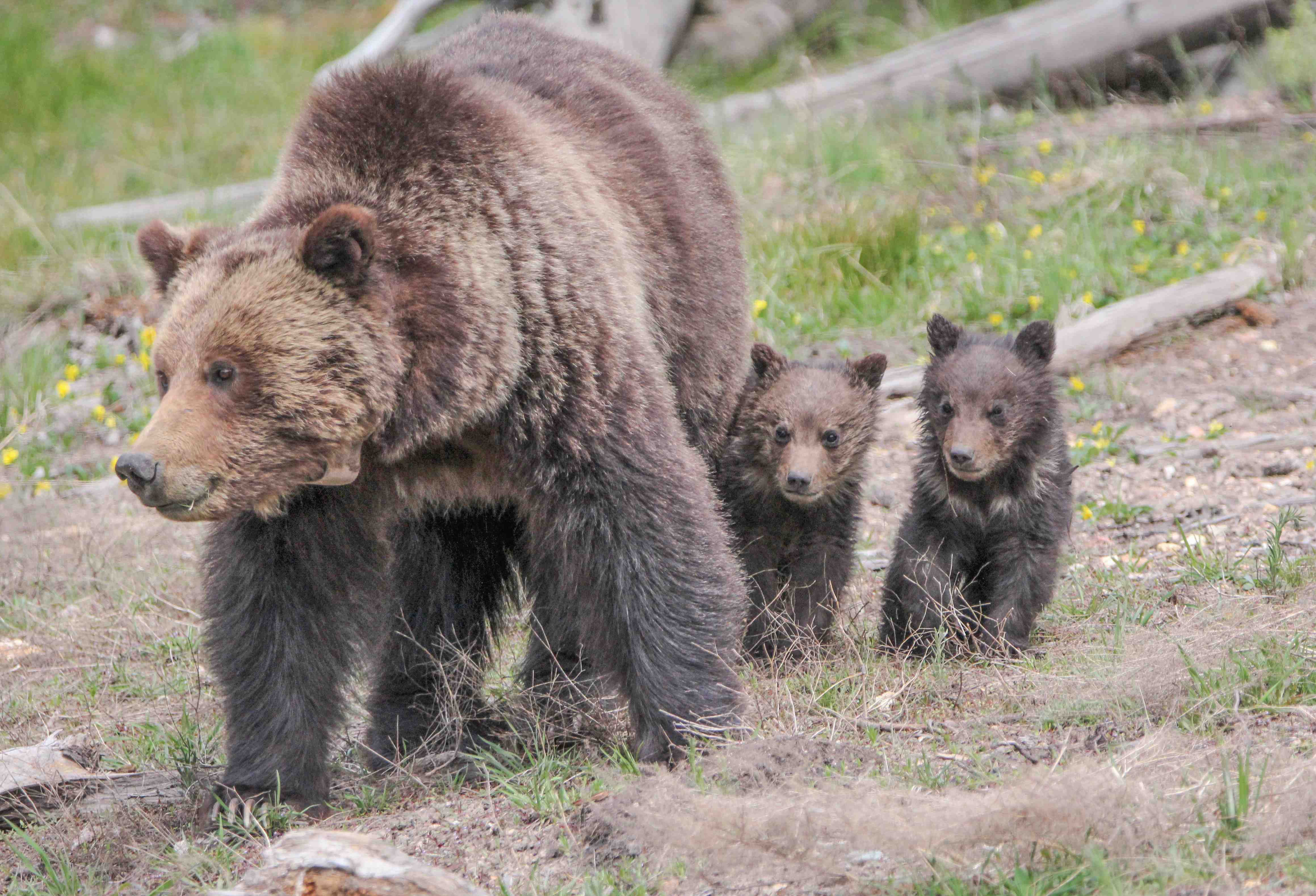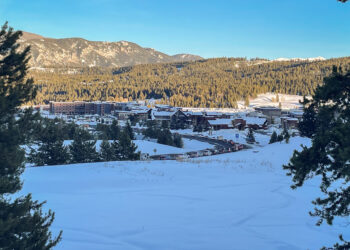Idaho and Wyoming to be determined
By Jessianne Wright EBS Contributor
BOZEMAN – In a Feb. 15 meeting, Montana’s Fish and Wildlife Commission announced that the state will not organize a grizzly bear hunt this year.
After grizzlies in the Greater Yellowstone area were removed from the Endangered Species List last year following four decades of recovery effort, the states of Montana, Wyoming and Idaho agreed to a tri-state management agreement. The agreement outlines a division of harvest numbers based on bear density and habitat within each state, should grizzly management hunts be adopted.
Wyoming, which has the most grizzly habitat within the Greater Yellowstone, would be able to harvest the most grizzlies, followed by Montana and then Idaho.
In 2017, officials released a population estimate of 718 bears. Combined with known and probable mortalities that occurred last year, there are a maximum of 17 males and 2.5 females potentially available for harvest in the Greater Yellowstone Ecosystem. That means Montana could harvest one female and six males.
However, according to documents discussed during the commission meeting, because of the limited number of bears available to harvest, especially females, and because of ongoing litigation challenging the delisting, FWP recommended to postpone grizzly hunting in 2018.
Ken McDonald, wildlife division administrator for FWP, said a male-only season is also not an option for 2018. “Primarily because it is difficult to discern a male from a female if the female is not accompanied by cubs,” he said. “So with only one female available, even a male-only season could result in a female being taken.”
In a Feb. 8 news release, FWP Director Martha Williams elaborated. “Our focus, now they are delisted, is managing these iconic species for long term recovery and at the same time having the ability to respond to conflicts in the Yellowstone ecosystem,” she said.
“Holding off on hunting for now, I believe, will help demonstrate our commitment to long term recovery and at the same time allow us the science-based management flexibility we need,” Williams added. “We also are continuing to work hard at responding proactively to bear conflicts and educating people and communities in grizzly country how to be bear aware.”
While Montana has announced their decision, Wyoming and Idaho have not released decisions on a 2018 grizzly hunt.
According to Renny MacKay, communications director for Wyoming Game and Fish, the department is working on a hunting season proposal that will be considered by the Wyoming Wildlife Commission this spring and will allow time for public comment.
The Idaho Commission will address the topic at their March meeting. Toby Boudreau, assistant chief of wildlife for Idaho, said there are no definitive plans at this time. “There is still a lot of process to do,” he said.













